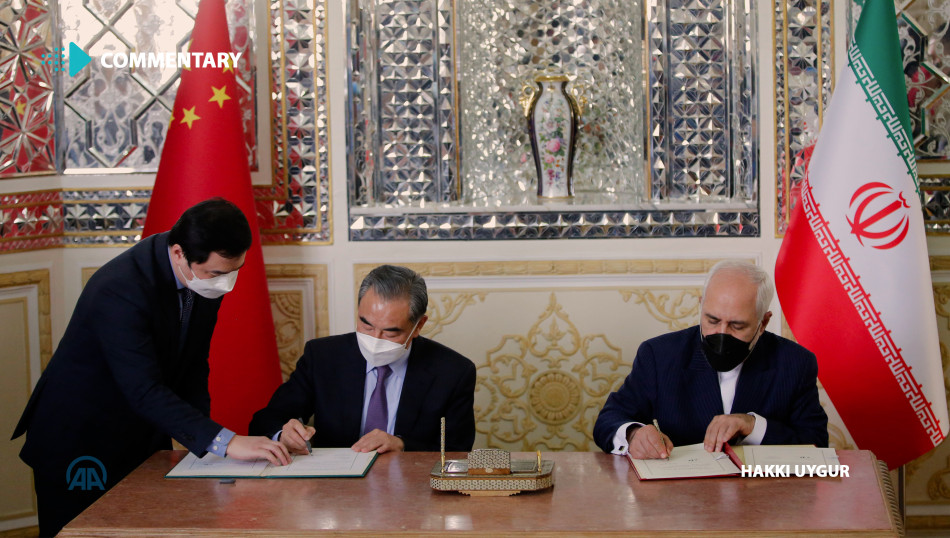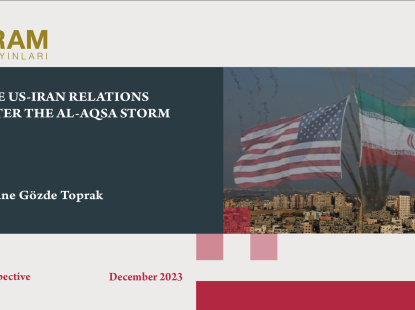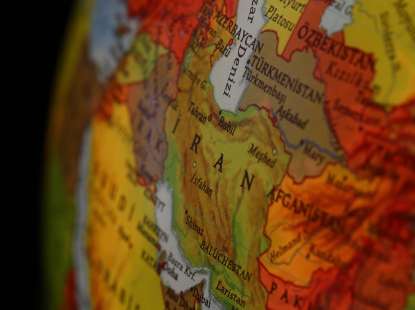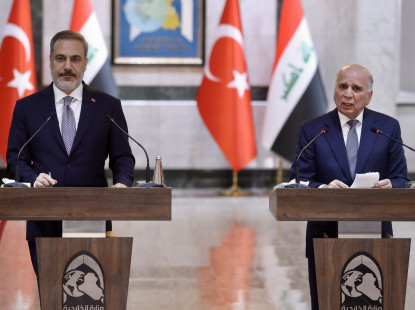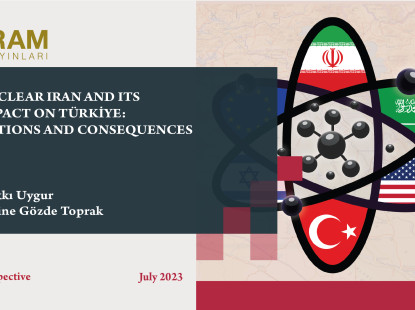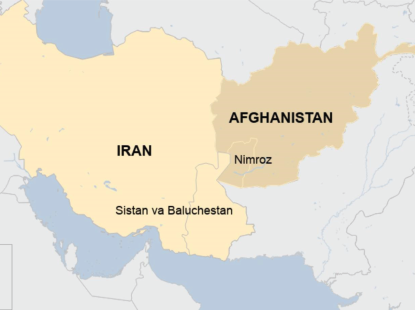What Does the China-Iran Agreement Mean?
A comprehensive 25-year cooperation agreement, which was signed between the Iranian Foreign Minister Mohammad Javad Zarif and Chinese Foreign Minister Wang Yi, who visited Iran’s capital Tehran on March 27 as the last stop of his trip to the Middle East at the end of the month, has sparked debate both in Iran and in the international community. Whilst some circles in Iran argued that “Iran’s sovereignty was sold to China” because of this agreement whose details were not revealed, some demonstrations were also held. To the best of our recollection, these events are the first protests which are directly related to foreign policy. Although some slogans on foreign policy were chanted during the previous social protests, these demonstrations usually arose from domestic politico-economic reasons such as fuel price hikes, alleged voter fraud in the elections, or inter-provincial administrative conflicts.
Some officials who argued that the negative reactions of people resulted from the insufficient public disclosure stated that a gap arose as the agreement was signed soon after the long Nowruz holiday in Iran. In this regard, the speech of Iran’s Foreign Ministry spokesman Saeed Khatibzadeh on the Clubhouse platform, which is an application, spreading day by day among the Iranian users following the signing of the agreement, became increasingly crowded, and the maximum limit of participants on the application was reached with the attendance of Minister of Foreign Affairs Zarif and the other ministers. In general, the questions were about why the agreement was followed up by the former speaker of the Iranian Parliament Ali Larijani and not by the elected government, why the details of the deal were not disclosed, and why the process and the content of agreement on such an important issue were hidden from the public. Zarif briefly stated that Larijani was proposed by himself, not by the Chinese who do not trust the Rouhani government, contrary to the statements of former Foreign Minister Kamal Kharrazi, and therefore the agreement was followed up by Larijani as the Supreme Leader’s special envoy for China, but all the details were prepared under the control of the Ministry of Foreign Affairs, and each of the other government agencies also got informed about every detail of the agreement in the last five years. He also passed the buck to the Islamic Republic of Iran Broadcasting (IRIB), saying that the Foreign Ministry had done its bit and the major responsible institution in informing was the IRIB which was also independent of the ministry. Due to the reaction of Zarif and the masses, the IRIB had to rebroadcast most of the speeches done on social media.
When the available documents are reviewed regarding the agreement, which has been the subject of debate in Iran since 2016 when it first became a current issue and on which China maintained its silence or the “roadmap” as called by the Iranian officials, it can be understood that it calls for a large scale of cooperation ranging from infrastructure projects and energy investments to port management and technology transfer. Some officials in Iran have stated that the Chinese do not want the details of the agreement to be revealed in the press. However, even some ambiguous statements by the Foreign Ministry could be interpreted as China has increased its influence on the Iranian economy, having the power to control it. Therefore, it is not surprising that the agreement was likened to the previous capitulations, particularly by the opponents of the regime abroad, including some famous artists.
As the technical details of the agreement have not been revealed, the issues such as the accuracy of the figures suggested by some sources and the degree of the military dimension of the cooperation remain uncertain. However, when evaluated in general, it does not seem very realistic for Tehran, which has weakened under the intense pressure of the Washington administration, to rapidly establish comprehensive cooperation with the Beijing administration, or for China, which has already had serious problems with the US regarding many issues, to add a new one to the existing issues by having Iran’s back. Besides, the Beijing administration has paid special attention to the US sensitivity to Iran, including complying with the severe sanctions of the Trump era. Therefore, we will see whether this situation has changed under the Biden administration. The fact that China which is carefully hedging its bets, has a much more trade volume with the opposite shore of the Gulf in comparison with Iran, and that there is a close relation between China and Israel to such an extent that provokes the ire of the US gives rise to the thought that the said agreement is far from producing a strategic result for now. Nevertheless, in the event that the agreements on energy and economy, in particular, are signed or any capital inflow, like loans or investments, is provided from China to Iran in the upcoming period, it can be said that the agreement is being implemented.
This article is first published on 03.04.2021 at Sabah.
